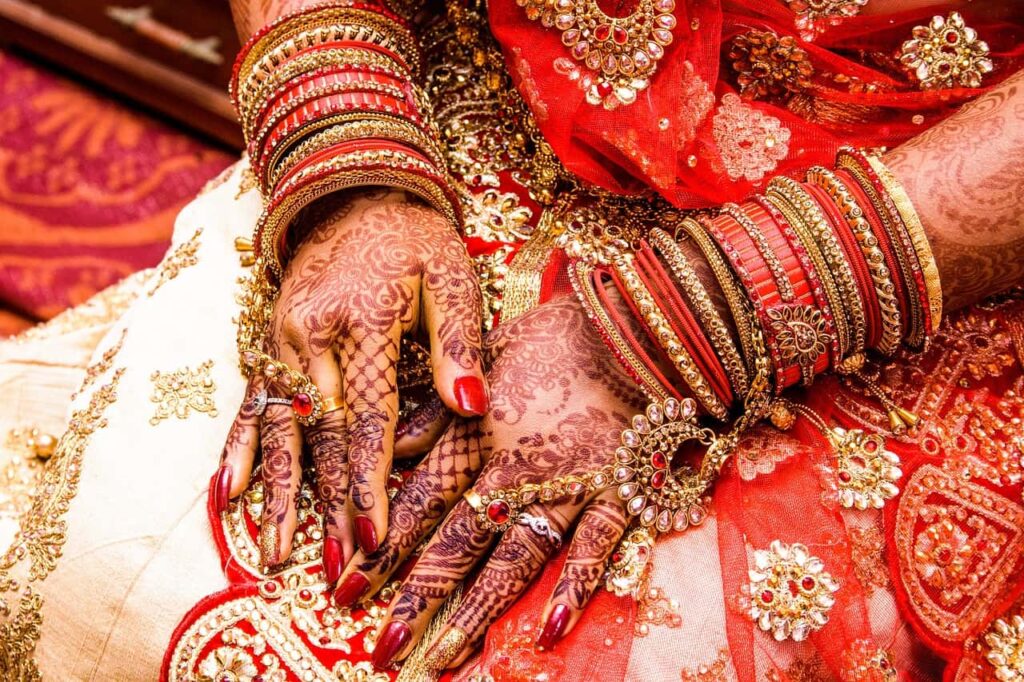The Dowry Prohibition Act, 1961, is a significant legal framework in India aimed at curbing the practice of dowry, which involves the giving or receiving of property or valuable gifts by the groom’s family as a condition of marriage. The Act seeks to address the social evil of dowry and its detrimental impact on women’s lives. It prohibits the giving or taking of dowry and penalizes those involved in such activities.

The Act has undergone amendments to strengthen its provisions and ensure more effective enforcement. Landmark judgments have played a vital role in shaping the interpretation and application of the Dowry Prohibition Act:
State of West Bengal vs. Orilal Jaiswal (1994): This case clarified that the prosecution does not need to prove the exact quantum of dowry given but rather the intention behind the act. The Hon’ble Supreme Court emphasized that even small demands for dowry can constitute an offense under the Act.
Savitri Devi vs. Ramesh Chand (2003): This case highlighted that not only the bride’s family but also the groom and his family members can be prosecuted for demanding or accepting dowry. The judgment reiterated that dowry-related offenses are non-compoundable and non-bailable.
Appasaheb & Anr. vs. State of Maharashtra (2007): In this case, The Hon’ble Supreme Court stressed the need for evidence of cruelty or harassment in connection with dowry demands to establish the offense. The Court also clarified that the term “cruelty” includes both physical and mental cruelty.
Satish Chander Ahuja vs. Sneha Ahuja (2014): This case recognized that false complaints or exaggerated allegations of dowry harassment can be equally harmful and detrimental. The Hon’ble Supreme Court emphasized the importance of protecting innocent individuals from being falsely implicated.
Rajesh Sharma & Ors. vs. State of U.P. & Anr. (2017): This judgment garnered attention for its initial direction to set up family welfare committees to scrutinize complaints of dowry harassment before filing First Information Reports (FIRs). However, this directive was later modified by the Court due to concerns about potential misuse.

These judgments collectively highlight the importance of effective enforcement of the Dowry Prohibition Act, while also addressing the complexities surrounding dowry-related cases. The Act and these judgments underscore the commitment of the Indian judiciary to combat the social malaise of dowry and protect the rights and dignity of women.
This page is still under development. We are working hard to add more content and make it even more awesome.
This page is still under development. We are working hard to add more content and make it even more awesome.
This page is still under development. We are working hard to add more content and make it even more awesome.
This page is still under development. We are working hard to add more content and make it even more awesome.
This page is still under development. We are working hard to add more content and make it even more awesome.
WhatsApp us